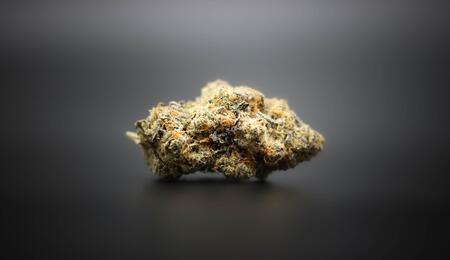Tight Rules for Germany's Cannabis Clubs

Germany's lawmakers are progressing with crafting the regulation that will ring in the country's legal weed era. The latest reports suggest that the German government's draft law seeks to tightly regulate the so-called cannabis clubs that will enable the legal consumption of cannabis. The clubs would be restricted in their money-making capacity, threatening profits also for ancillary businesses.
Last month, Germany revealed a scaled-back version of its legalisation plan after its initial plan underwent consultations with the European Union and required modifications. According to the revised plan, the distribution of cannabis for recreational use would function through cannabis clubs or associations. Also, retail would be limited to certain regions so that authorities can assess the effects of recreational use before stepping-up legalisation nationwide.
The German Press Agency reportedly obtained details from the draft law that government officials are still due to disclose. According to the press agency, the cannabis clubs or associations would operate as non-profits and will be limited to distributing weed only to members. They may start operations as early as this year.
Each member would supposedly receive up to 50 grams of weed per month. Club members aged between 18 and 21 would be subjected to a lower monthly limit and can only use less potent strains.
Other rules include that the cannabis distributed to the youth should be contained in "neutral" packaging and that associations do not use "consumption incentives". Package labels would need to inform on weight, harvest date, best-by date, the type of cultivar and the cannabinoids content of the weed. On-site consumption in clubs would not be permitted.
The press agency's insight also reveals that the premises of the cannabis clubs and any other places that would be used for storing or cultivating marijuana would need to be secured with burglar-proof doors and windows. The clubs would also need to keep a record of the source of their seeds, the number of plants they grow or store, how much weed is supplied to members, and how much weed is produced, packaged and destroyed overall.
As noted by the press agency, the rules could be altered after careful consideration in the Bundestag.
Legalisation in Germany is expected to prompt other EU members, such as Czechia, to also work on regulation that will fully permit consumption of cannabis.













